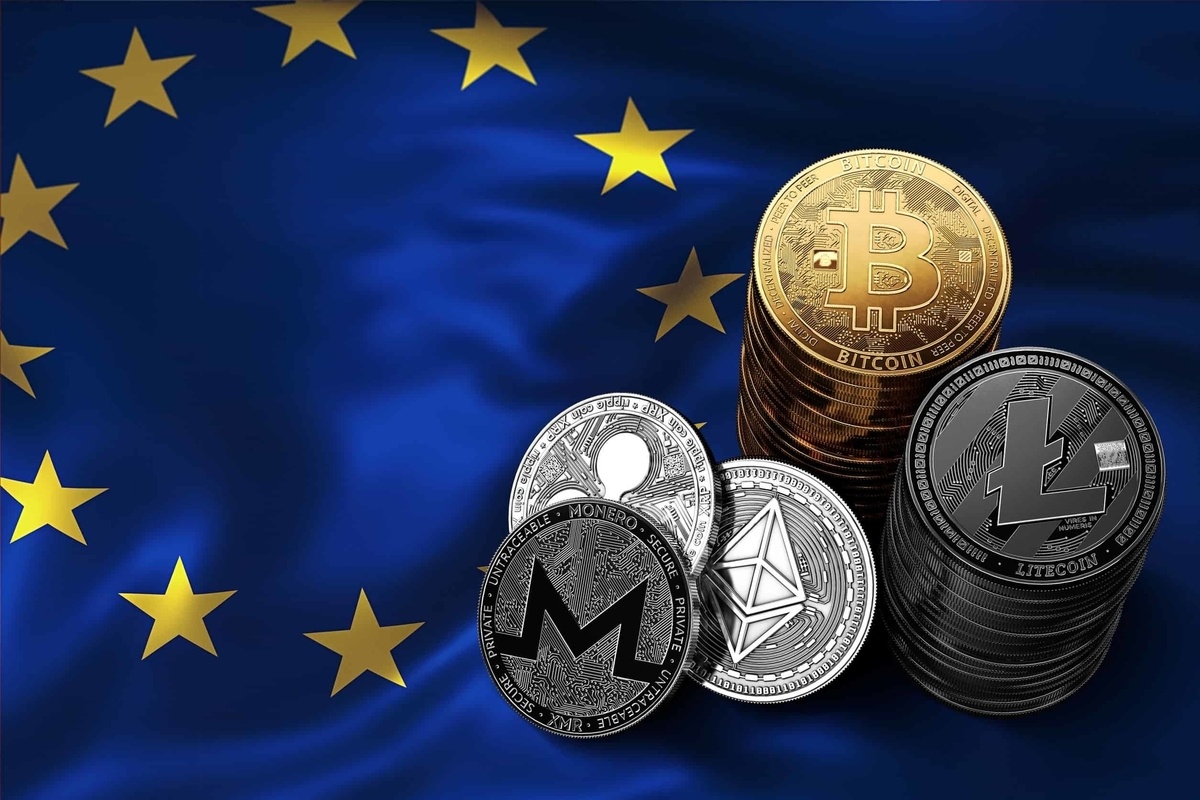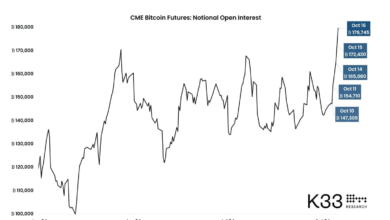
Crypto Regulations may cause Europe to fall permanently behind in the crypto race.
Crypto Regulation: The world of cryptocurrency has been on a rapid upward trajectory for the past decade, transforming how we think about money, transactions, and financial freedom. From Bitcoin’s early days as a fringe concept to Ethereum’s smart contracts and the rise of decentralized finance (DeFi), the crypto revolution has reshaped global markets. However, as the industry grows, governments worldwide have been scrambling to catch up with regulatory frameworks Tether Made a Strategic Move by Investing in Rumble to both foster innovation and protect consumers.
For Europe, the introduction of new crypto regulations may have unintended consequences, potentially stunting the region’s ability to compete in the global crypto race. Let’s explore how these regulations could impact Europe’s position in the crypto landscape.
The Rise of Crypto Regulations in Europe
As cryptocurrencies become more mainstream, European regulators have been keen to implement new rules aimed at curbing illicit activities like money laundering, fraud, and tax evasion, while ensuring a safe environment for investors. In 2023, the European Union introduced the Markets in Crypto-Assets (MiCA) regulation, which is set to provide a unified regulatory framework for crypto assets across the region.
MiCA aims to increase transparency in the crypto industry and bring digital currencies under the same scrutiny that traditional financial assets face. While these regulations are designed to protect consumers and maintain financial stability, they may also hinder the innovation that has driven the crypto sector’s growth.
The Risk of Overregulation
One of the major concerns with the new crypto regulations is the risk of overregulation. While the intent is to prevent scams and ensure that digital assets are properly accounted for, overly restrictive rules could stifle innovation. Startups and small businesses, which have been the driving force behind the crypto industry, may find it more difficult to operate within the EU under the current framework.
The complexity and cost of compliance with new rules could drive many crypto companies out of Europe, particularly those in the early stages of development. If smaller startups are forced to relocate to more crypto-friendly jurisdictions, Europe may lose its position as a leader in the blockchain and cryptocurrency sectors.
Europe’s Struggle to Compete with Global Crypto Hubs
 The cryptocurrency industry is global, and its development is influenced by the policies of various countries and regions. While Europe is making efforts to regulate the sector, other regions like the United States, Singapore, and Switzerland have created more favorable environments for crypto innovation.
The cryptocurrency industry is global, and its development is influenced by the policies of various countries and regions. While Europe is making efforts to regulate the sector, other regions like the United States, Singapore, and Switzerland have created more favorable environments for crypto innovation.
For instance, Switzerland’s Crypto Valley in Zug has become one of the world’s leading hubs for blockchain development, with progressive regulations and tax policies that encourage crypto firms to set up shop there. Similarly, Singapore has positioned itself as a crypto-friendly nation with clear rules that support innovation while safeguarding against risks.
Meanwhile, the United States has seen a surge in institutional interest Crypto Regulation in cryptocurrencies and blockchain technologies, despite regulatory challenges. While U.S. regulators are still working out a comprehensive crypto regulatory framework, the country’s larger market and robust infrastructure offer a unique advantage to crypto companies.
If Europe’s new regulations are perceived as too burdensome or restrictive, it could fall behind these crypto hubs, losing out on investment, talent, and technological advancements. This would be a significant blow to the region’s ambitions to remain at the forefront of the crypto revolution.
The Importance of Balanced Regulation
To avoid falling behind in the crypto race, Europe needs to strike a balance between regulation and innovation. A regulatory framework that is too strict could stifle the very innovation that made cryptocurrencies successful in the first place. On the other hand, a lack of regulation could expose consumers and investors to unnecessary risks, tarnishing the reputation of the crypto industry.
Regulators need to adopt a more flexible and dynamic approach, one that allows for continuous innovation while ensuring that bad actors are kept in check. By working closely with industry leaders, regulators can create an environment where cryptocurrency can flourish without compromising safety and stability.
Conclusion
The new crypto regulations in Europe represent an important step towards a more secure and transparent financial system. However, if not carefully crafted, they may inadvertently cause Europe to fall behind in the global race for crypto dominance. By ensuring that regulations are balanced, flexible, and future-proof, Europe’s Crypto Regulation can maintain its position as a key player in the crypto space and continue to foster innovation that benefits the entire digital economy.
[sp_easyaccordion id=”5314″]







